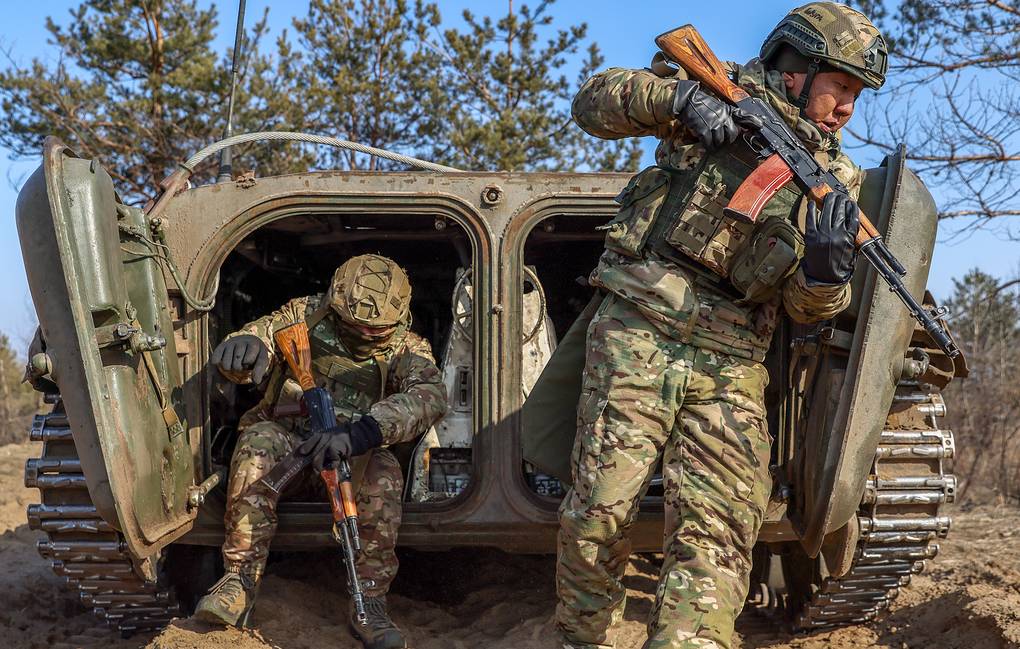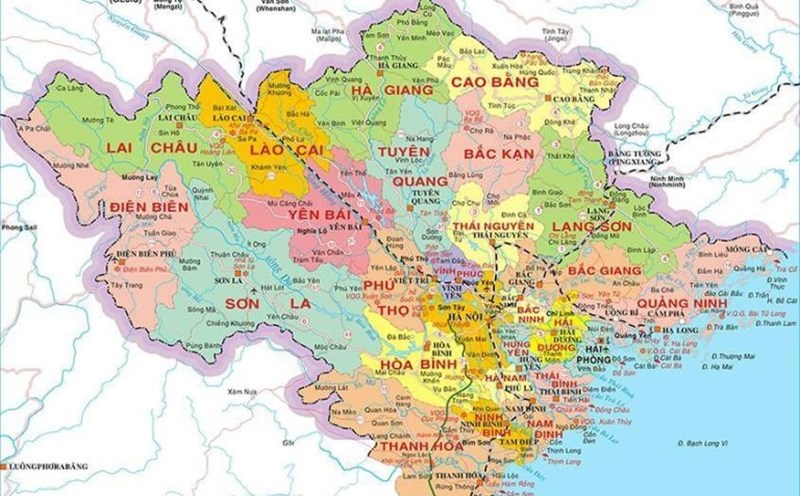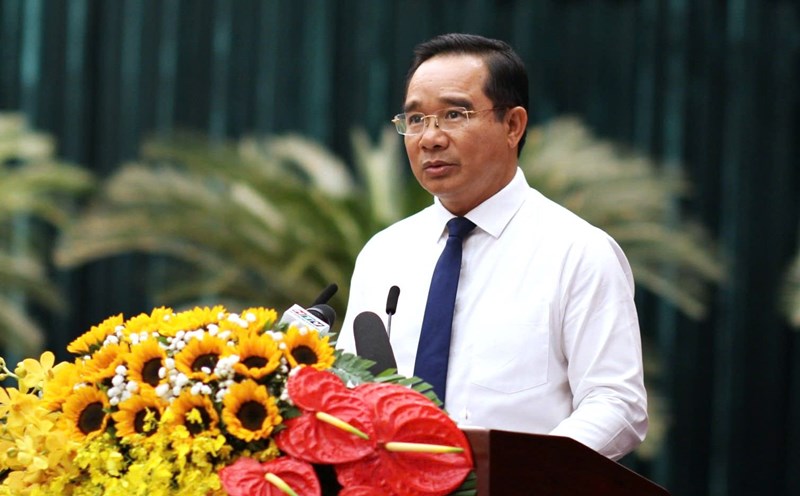Talks between the Russian and US delegations on Ukraine took place in the capital Riyadh of Saudi Arabia on February 18, Kommersant newspaper reported on February 16.
According to Kommersant, the US side is expected to have Secretary of State Mark Rubio, US National Security Advisor Mike Walz and US President's Special Envoy to the Middle East Steve Witkoff participating in the negotiations.
Senior officials from the Trump administration will begin peace talks with Russian and Ukrainian negotiators in Saudi Arabia in the coming days, policeco reported on February 15, citing sources familiar with the plan. Mr. Waltz, Rubio and Witkoff will travel to Saudi Arabia. Mr. Keith Kellogg, special delegate for the Russia-Ukraine negotiations, did not attend, according to Politico.
Bloomberg also reported that Russian President Vladimir Putin and his US counterpart Donald Trump may meet in Saudi Arabia later this month. According to Bloomberg, the US delegation could include national security advisers who are believed to be tasked with arranging a summit before the Islamic holiday of Ramadan, which starts on February 28 this year.
The Trump administration is also pushing for a ceasefire on April 20, according to Bloomberg.

The US peace plan could be made within weeks or even days, Mr. Keith Kellogg said on the sidelines of the Munich Security Conference on February 15.
"The Trump administration has told European officials that it wants to secure a ceasefire in Ukraine on Christmas," Bloomberg quoted sources familiar with the negotiations as saying.
According to the news agency, some European officials feel the pace of negotiations is ambitious and may not be realistic. However, Europe will not be able to participate in the negotiations, Mr. Kellogg noted.
However, British and EU officials are concerned that the US wants them to shoulder heavy responsibility for Ukraine's post-war security, the Financial Times reported.
Special Envoy Kellogg justified the exclusion of Europe, citing the heritage of the Minsk-2 agreement between Ukraine and the Donetsk and Lugansk People's Republics in 2015. Germany and France are the guarantees of the deal, which German Chancellor Angela Merkel later acknowledged was only intended to extend Kiev's time to strengthen its forces. Mr. Kellogg emphasized that the Minsk-2 peace agreement, with the participation of Europe, has failed, so the US will not follow that path.
For its part, Russia also stressed that it would not accept the temporary freezing of hostile acts, such as the Minsk agreement, and emphasized a long-term solution to address the root causes of the conflict.
Just a few days earlier, Russian President Vladimir Putin and President Donald Trump had their first phone call since the escalation of the Ukrainian conflict in February 2022.
Putin has previously stressed that Moscow has never avoided peace talks, but they must rely on the terms previously agreed in Istanbul in 2022, adjusted to suit " local realities" on the territory.
Russia requires Ukraine to be neutral, de half-militarized and not possess nuclear weapons, among many other points.











